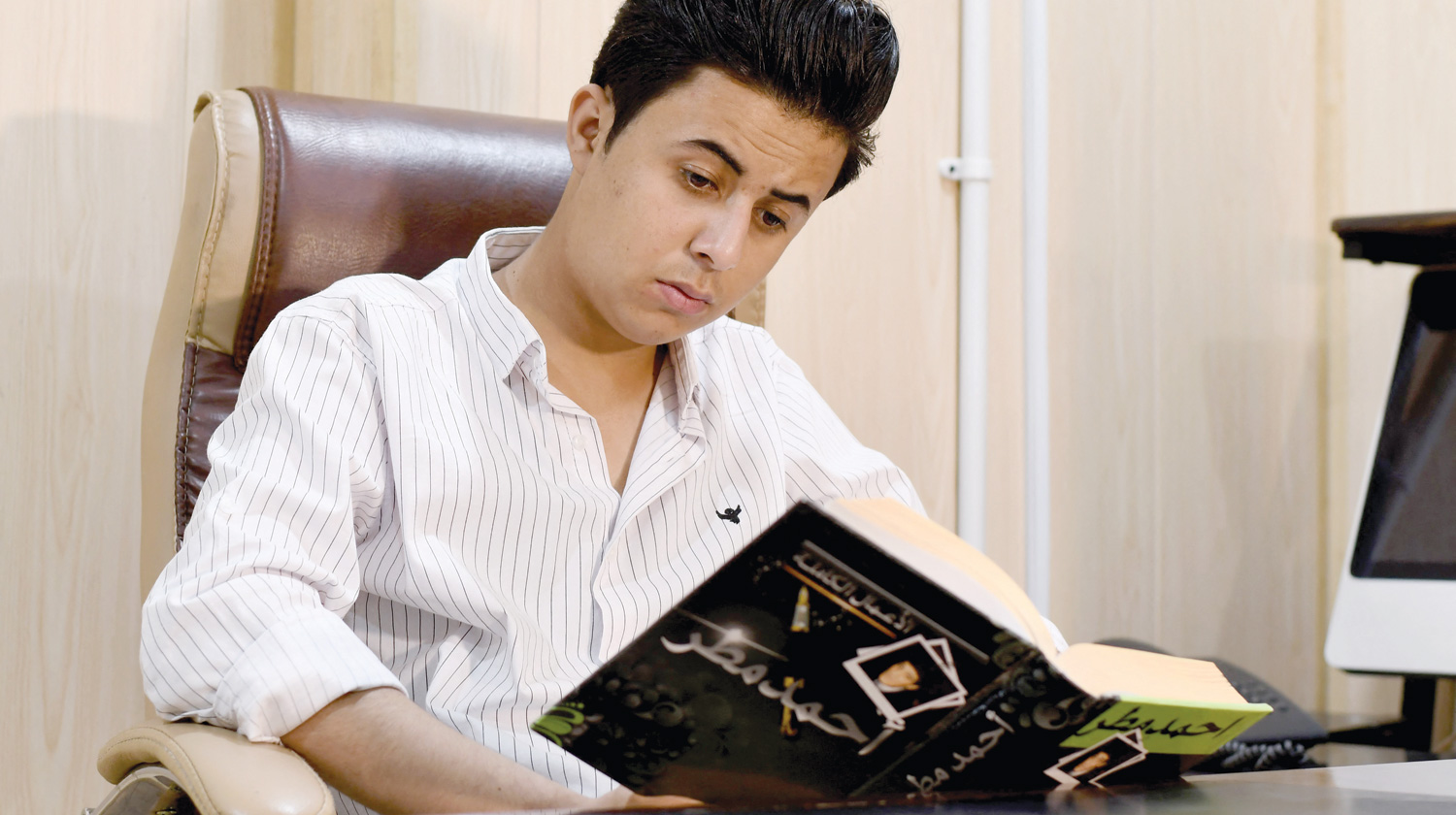

BAGHDAD: Eighteen years ago Saddam Hussein’s rule came to an end, but the prospects for young Iraqis who never witnessed his dictatorship remain blighted by insecurity, rampant corruption and joblessness.
When American troops seized Baghdad on April 9, 2003, a different Hussein was barely three years old. Living in Nasiriyah, a cradle of revolts throughout history in the country’s south, he recalls people speaking of a “regime”.
It was one which “embroiled Iraq in wars that wasted many lives and resources,” alongside crippling sanctions from the 1990s, said the political sciences student.
But today the American promises of democracy and freedom made when Saddam was toppled ring hollow, added Hussein, who did not want to give his second name, as he deplored today’s “incapable” political parties and a “bad system”.
Educated initially in a small mud-brick school, since his earliest memories he has known an Iraq beset by “hospitals in ruins and zero job prospects.”
Despite the country’s oil wealth, the promise of a booming future has remained beyond grasp for most, especially those now coming of age.
The country has grappled with a toxic cocktail of endemic corruption and sectarian episodes, culminating in the IS group occupying large swathes of the country for three years from mid-2014.
Iraq remains in a state of “total collapse,” Hussein lamented.
Ibrahim, a young resident of the holy city of Karbala, was equally dismissive of his prospects in contemporary Iraq.
“The poor cannot live in this country,” said the 21-year-old, who said he had “dreamt of joining the military academy”.
“But I had to stop (studying) before middle school” in order to scrape by financially, and today he is stuck, still hawking pink candy floss from a small cart.
Hussein, meanwhile, has tried — with some success — to juggle both the demands of study and work, taking odd jobs from as early as 13.
These youngsters’ stories are far from uncommon, as 37 per cent of Iraqi children live below the global poverty threshold, according to the UN’s children’s agency Unicef.
After finishing his day’s university classes, Hussein rushes to meet his younger brother, the two of them hustling daily to find a trader who will give them tasks, in order to feed their seven-strong family.
He will soon become the first in the family to hold a degree.
But he finds little joy in the prospect of graduating, in a country where 700,000 new graduate entrants to the job market compete for public sector employment every year. — AFP
Oman Observer is now on the WhatsApp channel. Click here



